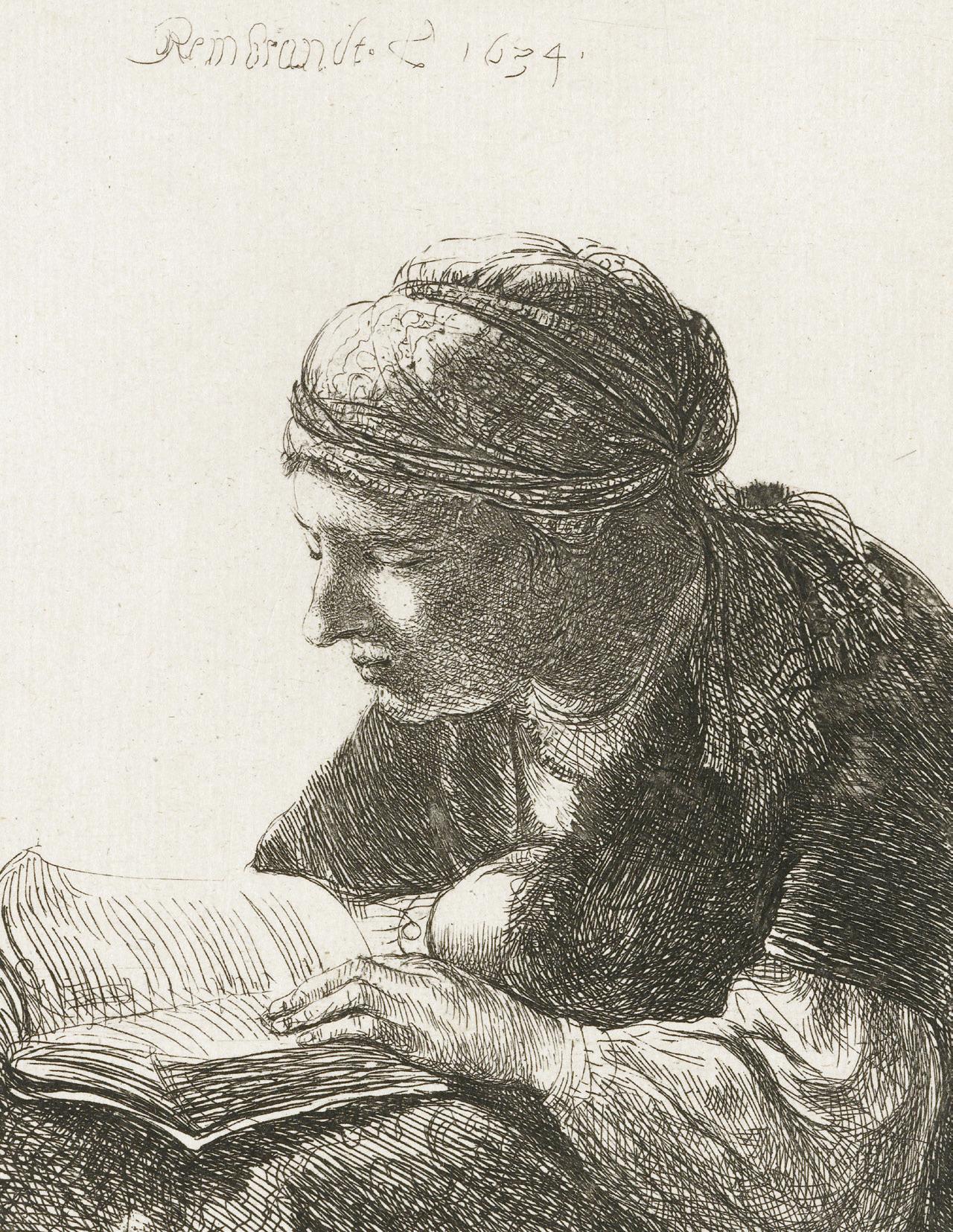
4 minute read
Catechisms
from November 2020
By Leeanna Lunn
What does it mean to be a Lutheran? For years I couldn’t even begin to answer that question. “I just know we’re not Baptist!” is usually the best answer I could find.
What about being a Christian? That should be something for which we have some good answers. Still, I mostly just encountered a cricket chorus.
At the age of 4, I taught myself to read so I could start to learn the answers for myself. However, I quickly encountered the problem in which all who take a just-meand-my-Bible approach find themselves bogged down: I am just one person—and a severely flawed one at that. Never mind that I was 4; the problem continues still to this day. I simply cannot rightly interpret Scripture as a lone ranger, as much as my analytical, introverted self would love to be able to. We were never made to be lone wolves, rather, to both mentor and be mentors of other believers as the wisdom of the communion of the saints is distilled from one generation to the next.
Except—at least for me—this isn’t what happened. Why? Like many, I lived under an anti-creedal philosophy in which I feared the tradition of man infiltrating doctrine. And so, I was left with neither tradition nor doctrine. The first time I encountered the Apostles’ Creed taped to my step-cousin’s refrigerator, I thought, “Wow! This is awesome! Every Christian should know this!”
At that moment I stumbled upon what has been an invaluable way of carrying the faith across the generations, namely: confessions of faith. As much as many seek to destroy them entirely, ultimately a belief in life without creeds is a creed—a belief; a confession of faith. The question then becomes to which confession of faith will I cling? One that I came up with all by myself? Or, that which has preserved the saints for hundreds of years?
This is the power of the Lutheran confessions and, in particular, Luther’s Large Catechism and Luther’s Small Catechism, which take the doctrines of Christian faith and present them in an easily accessible and highly practical way, specifically to children but ultimately to us all. The Catechisms address not only the questions of what it means to be Lutheran and Christian, but also who God is and what it means to be human. Every aspect of life is addressed and transformed by the power of the Word.
It is common for people my age to find themselves floundering as they challenge what they have been raised to believe and decide whether to adopt these beliefs as their own. Scripture speaks to young adults in the Old Testament with the word na’ar (also translated “child”), indicating the need to be set on the right path. “Train up a na’ar in the way he should go, and when he is old, he will not depart from it” is a proverb that speaks to placing the feet of the young adult on the path of righteousness (Proverbs 22:6). This is the very reason the Lutheran Church practices confirmation: to teach our young adults the way of truth—via Luther’s Small Catechism—and dedicate them to that path of righteousness.
We may mistakenly see in this verse an inevitable outcome and therefore believe that the one-time act of setting young people in the right direction will guarantee their safe passage to the Celestial City. But we are not riding a conveyor belt; we are walking a straight and narrow path. There are many tempting rest stops and detours, and we all, young and old alike, need to be taught to look straight ahead as we take this journey one step at a time. The only way to do this is by remaining in the Word and learning true doctrine through the Catechisms, which are trustworthy explanations of God’s Word. We are called to walk pious and holy lives of good works, but it is impossible to do so without a solid confession of faith coursing through our lives like the very blood in our veins.
Thus, the confessions and piety stand not in opposition, but in essential dependence on one another. We know we are Christians by our love; we know our love is true by the Word. Therefore, just as the Word is a light upon that path, so the Catechisms are the wisdom of the Church distilled into the map in our hands. Just as we ought to write the Word of God upon our hearts, so ought we to inscribe the truth of the Catechisms upon our souls. For although the Word stands alone as the truth, our flesh is weak, and we ought to praise the Lord for the blessing of the Catechisms, and indeed, all the Lutheran confessions.
Lunn is a member of Word of Life Lutheran, Upsala, Minn. “Woman Reading” etching by Rembrandt van Rijn (1634).






